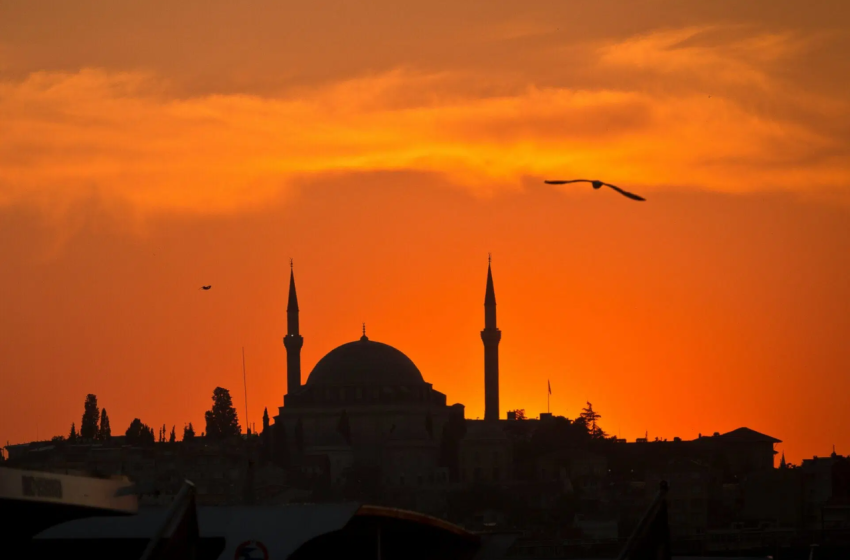
When is Ramadan 2025? Key Dates, Fasting Rules & Sehri-Iftar Timings
Ramadan is the holiest month in Islam. Muslim communities from around the worldwide celebrate this holy month. It is a time for fasting, prayer, self-reflection, and charity. The month begins with the sighting of the crescent moon and lasts for 29 or 30 days, ending with the joyous celebration of Eid al-Fitr.
When is Ramadan 2025?
Ramadan 2025 is expected to begin on the evening of February 28. With over one month of fasting finally the community will celebrate Eid al-Fitr.
| Key Evnets | Expected Date |
| Ramadan Starts | February 28 (evening) / March 1 (first fast) |
| First Fasting | March 1 or March 2 (based on moon sighting) |
| Ramadan Ends | March 29 or March 30 |
| Eid al-Fitr | March 30 or March 31 |
Related Posts
Sehri & Iftar Timings
Muslims fast daily from dawn (Fajr) to sunset (Maghrib). And during this whole holy month there is a fixed time when they can have sehri and Iftari. What does it means? Check with us:
| Meal | Time |
| Sehri (Pre-dawn meal) | Before Fajr prayer (before sunrise) |
| Iftar (Breaking the fast) | At Maghrib prayer (sunset) |
Timings of these Sehri and Iftari varies based on locations.
Why is Ramadan Important?
Ramadan is a sacred time for Muslims and holds deep religious significance. It is believed that the first verses of the Quran were revealed to Prophet Muhammad during this month. During this holy month they fast during the daytime. They pray five times in a day, charity is important during this month. This month is full of spirituality and faith.
How is the Ramadan Moon Sighted?
The Islamic calendar follows the lunar cycle, and Ramadan begins with the sighting of the crescent moon.
| Moon Sighting Process |
| On the 29th day of Shaaban, moon sighters observe the western sky after sunset. |
| If the crescent moon is visible, Ramadan begins the next day. |
| If the moon is not sighted, Shaaban completes 30 days, and Ramadan starts the following day. |
Ramadan is a time of devotion, gratitude, and community. It is one of the Five Pillars of Islam and encourages self-discipline, charity, and increased spiritual connection. As Muslims worldwide prepare for this holy month, it serves as a reminder of faith, togetherness, and the importance of helping others.




